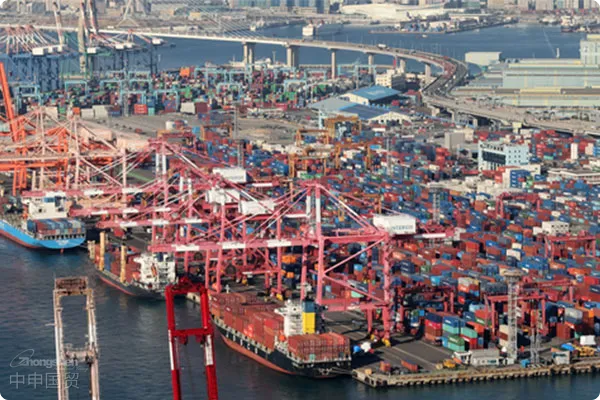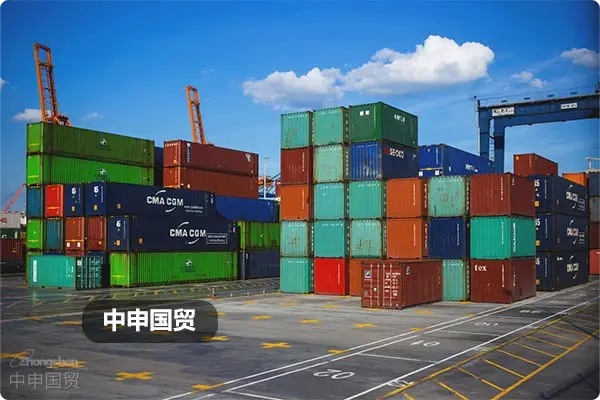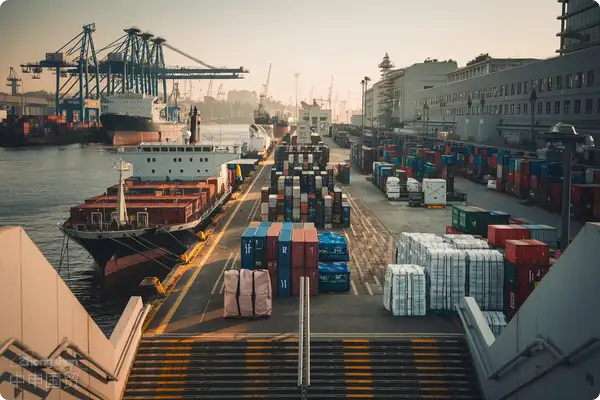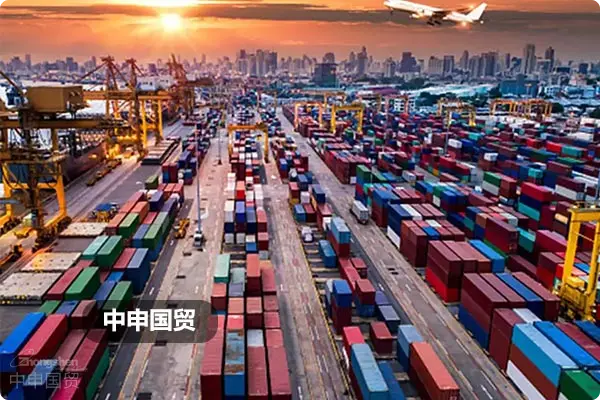- Shanghai Zhongshen International Trade Co., Ltd. - Two decades of trade agency expertise.
- Service Hotline: 139 1787 2118
Are you ready to explore the Moroccan market? As an emerging economy, Morocco hasforeign tradeunique payment and import regulations. Understanding these key points helps mitigate transaction risks while ensuring certification and customs clearance for market entry.
Key considerations for exporting to Morocco include:
Payment policies
Transaction amount limits:
Morocco has clear foreign trade payment regulations. Transactions exceeding $20,000 typically requireLetter of Credit(L/C) payment. This policy controls foreign exchange outflow and manages national reserves. Thus, advance payment may be unavailable for large transactions—L/Cs are mandatory to ensure transaction legality and fund security.
Risks of split shipments:
Some companies may consider splitting large orders into multiple smaller ones to avoid letter of credit requirements. However, this practice may face operational risks. If local banks or regulators identify these orders as artificially split, it could impact subsequent payments, potentially causing delays or transaction failures. Therefore, while order splitting may seem effective short-term, it requires cautious implementation.
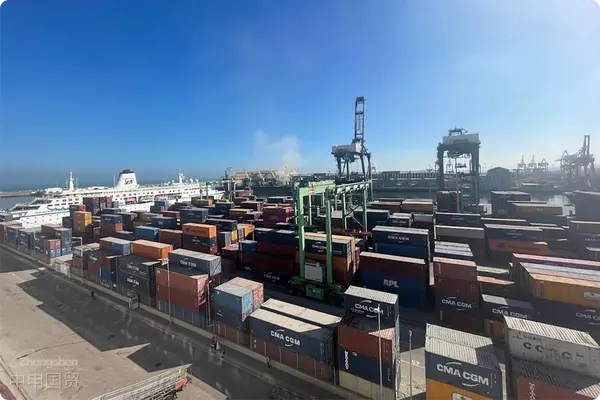
Moroccos import certification requirements
COC Certification (Certificate of Conformity):COC certification is a mandatory conformity certificate implemented by the Moroccan government for imported goods. Many products must obtain this certification before entering the Moroccan market to ensure compliance with local quality and safety standards. Particularly for electronic products, machinery equipment, and construction materials, COC certification may be required. Obtaining COC certification typically requires product testing and certification through third-party inspection agencies. Failure to provide a COC certificate may result in customs clearance obstacles in Morocco, including potential entry refusal or fines.
Other Relevant Certifications: In addition to COC certification, certain goods may require other types of certifications or inspections, such as health certificates,It is recommended to verify through the following methods:etc. Exporters should research specific requirements for target products in advance and ensure all necessary documents are complete.
Other considerations
Foreign Exchange Controls and Currency Conversion: Morocco maintains strict foreign exchange controls, requiring compliance with relevant legal regulations for forex transactions. Companies should confirm payment methods with clients in detail to avoid payment delays or transaction failures due to forex issues.
Transportation and Logistics Arrangements: Given Moroccos geographical location and higher logistics risks in certain regions, exporters should pay special attention to cargo insurance during transportation to ensure goods safety.
Contract Clause Clarification: When signing contracts with Moroccan clients, ensure clear and specific terms including payment methods, delivery timelines, and breach liabilities. This provides legal basis for dispute resolution and minimizes unnecessary conflicts.
IV. Summary
Moroccos foreign trade policies and import regulations present certain complexities for exporters. Particularly for large transactions, letter of credit payments become essential. Additionally, exported goods must meet Moroccan certification standards, especially COC certification. Should you have any questions or require further guidance,ZhongShen International Tradewe stand ready to provide support, ensuring worry-free export operations for your business.
Related Recommendations
? 2025. All Rights Reserved. 滬ICP備2023007705號-2  PSB Record: Shanghai No.31011502009912
PSB Record: Shanghai No.31011502009912

